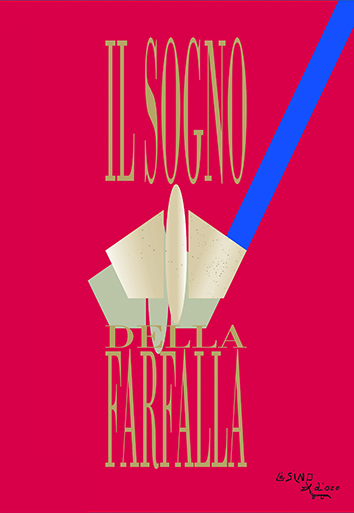The unthought-of will. The historical knotty problem of the unhealthy relationship between judges and psychiatrists
Abstract
The article examines the debate between psychiatrists and judges from as early on as the Zanardelli Code (1890), the first penal code after Italy’s unification, and the Rocco code (1930), which appeared during fascism and is still currently applicable, to arrive at current developments. The themes discussed regard the will, free will, human nature and natural law and are at the basis of expressions like “mentally incapable”, “liberty of conscience and one’s own actions”, “the capacity of understanding and volition”. Jurists have tried to build on such terms the concept of imputability stemming from the concept of moral responsibility. In the attempt to find an identity for their discipline in courtrooms, psychiatrists have tried to carry out a psychopathological investigation by considering such terms such as will, freedom, or the determinism of one’s will. Nowadays, some criminologists like G. Ponti, believe that practising psychiatry is a “falsehood” and falsifying because it is no longer able to make diagnoses and assess the relationship between illness and penal crime and in any case forensic psychiatry should pass from psychopathological investigation to play an ethicalphilosophical role and assign moral responsibility given that it is no longer able to ascertain mental illness. The author highlights the fact that such a transition implies a return to the 19th century, and argues that neither the law nor psychiatry have managed to free themselves from religious thought. This he believes is the result of the failure to understand the connection between human identity and free will which has been discovered on the other hand for the mind when it is considered free from conscience and behaviour.


